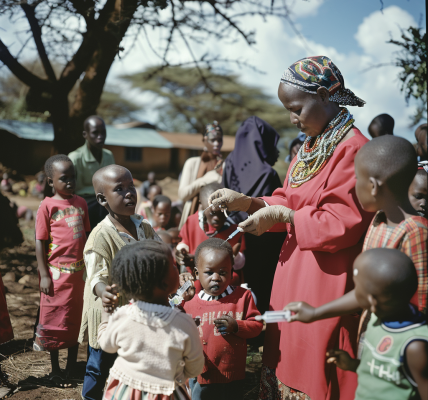South Africa is currently facing a concerning situation as the number of Mpox cases has risen to 13, with the identification of six additional laboratory-confirmed cases. This brings the total number of cases from seven to 13 since the first case was reported last month.
The Department of Health in South Africa has reported new infections in Gauteng and the Western Cape regions, while the death toll remains at two. The first case of Mpox, previously known as Monkeypox, was reported on 9 May 2024, when a 35-year-old male residing in Gauteng tested positive for the disease.
In response to the increasing cases, the department has received a supply of Mpox-specific treatment, Tecovirimat, also known as TPOXX or ST-246. This treatment is intended for patients experiencing severe health complications due to Mpox disease. The department is also in the process of securing additional treatment, including vaccines, in case the need arises. However, mild cases will continue to be managed with supportive treatment to address complications such as fever, pneumonia, and skin infections.
The government is urging individuals, regardless of gender, age, or sexual orientation, who exhibit suspected Mpox symptoms or have had physical contact with known cases to seek medical attention at healthcare facilities. This is because Mpox is a preventable and treatable disease that can affect anyone.
Hand hygiene is highlighted as an effective measure to protect against illness and disease transmission. People are advised to regularly wash their hands with soap and water or use alcohol-based hand sanitizers, especially before eating, touching their face, or after using the bathroom.
Common symptoms of Mpox include a rash lasting two to four weeks, fever, headache, muscle aches, back pain, low energy, and swollen glands. The rash, which resembles blisters or sores, can appear on various parts of the body such as the face, hands, feet, and groin.





